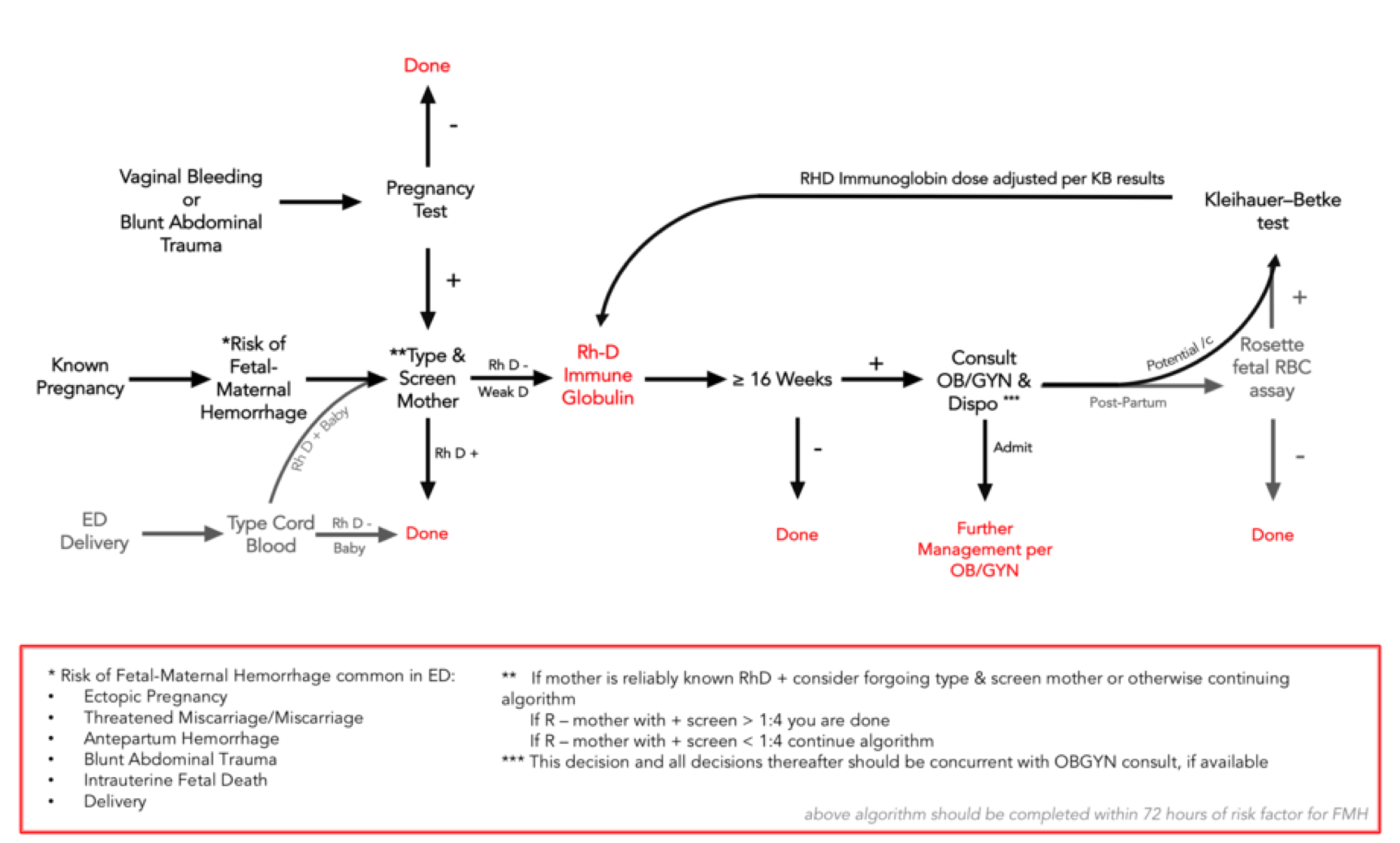Grand Rounds Recap 6.6.18
/This week we were led through the evaluation and management of the difficult pediatric airway with Dr. Carleton in our quarterly airway grand rounds, and discussed cranial nerve abnormalities with Dr. Neel in our recurring EM-neuro combined conference. Dr. Jarrell presented an interesting case of a child with a cough and weight loss, and Dr. Jensen walked us through the clinical utility of BNP. Finally, Dr. Miller presented an interesting case of a patient with multisystem organ failure and cecum perforation.
Read More











